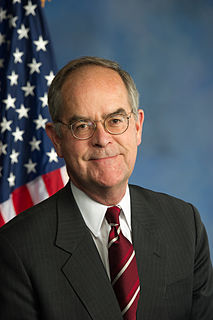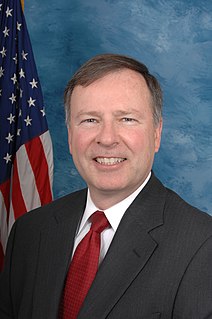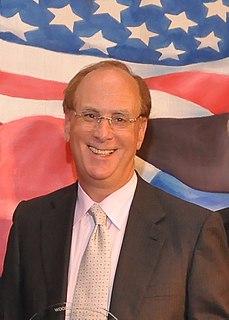A Quote by Jim Cooper
With our national savings rate well below one-percent, it is imperative that the government embrace innovative and cost-effective means of boosting personal savings.
Related Quotes
Vague promises of savings from cutting waste, enhancing prevention and wellness, installing electronic medical records and improving quality are merely ‘lipstick’ cost control, more for show and public relations than for true change... Savings will require changing how doctors think about their patients: Doctors take the Hippocratic Oath too seriously, “as an imperative to do everything for the patient regardless of the cost or effects on others.
While I wholeheartedly support finding cost savings through efficiencies in all areas of the federal government, including defense, I will resist any actions that would compromise our nation’s qualitative edge when it comes to national defense. It is well known that weakness invites aggression. Threats do not always announce themselves in advance. In order to prepare for unpredictable threats, we must modernize our defense systems. We certainly cannot let them age and deteriorate.
Social Security is an insurance policy. It's a terrible investment vehicle. Social Security has some great benefits. But it was never meant to be a savings plan. So we need to have a national debate. Should this 12.5 percent that we're contributing all go into a Social Security pool, or should half go into a mandatory savings plan?
The black unemployment rate has to be twice that of the white rate in the US. If the national unemployment rate were 6.8 percent, everyone would be freaking out. We ought to not take too much solace in the 6.8 percent, but ask ourselves what can we do to bring that down to white rates, which are below 4 percent now. Some of that has to do with education, but that's just part of the story. You find that those unemployment differentials persist across every education level. I think it means pushing back on discrimination and helping people who can't find work get into the job market.
Resolution Trust Company was set up to liquidate a bunch of assets that the government had inherited because the savings and loans went broke. So the savings and loans went broke, the government stepped in, paid off depositors, and now they're left with this mass of assets to sell. We're not talking about selling here, we're talking about buying intelligently. They were selling what they got handed to them by a bunch of savings and loan operators that had in many cases had done some very dumb thing. But their job was to liquidate it. And they liquidated.
































